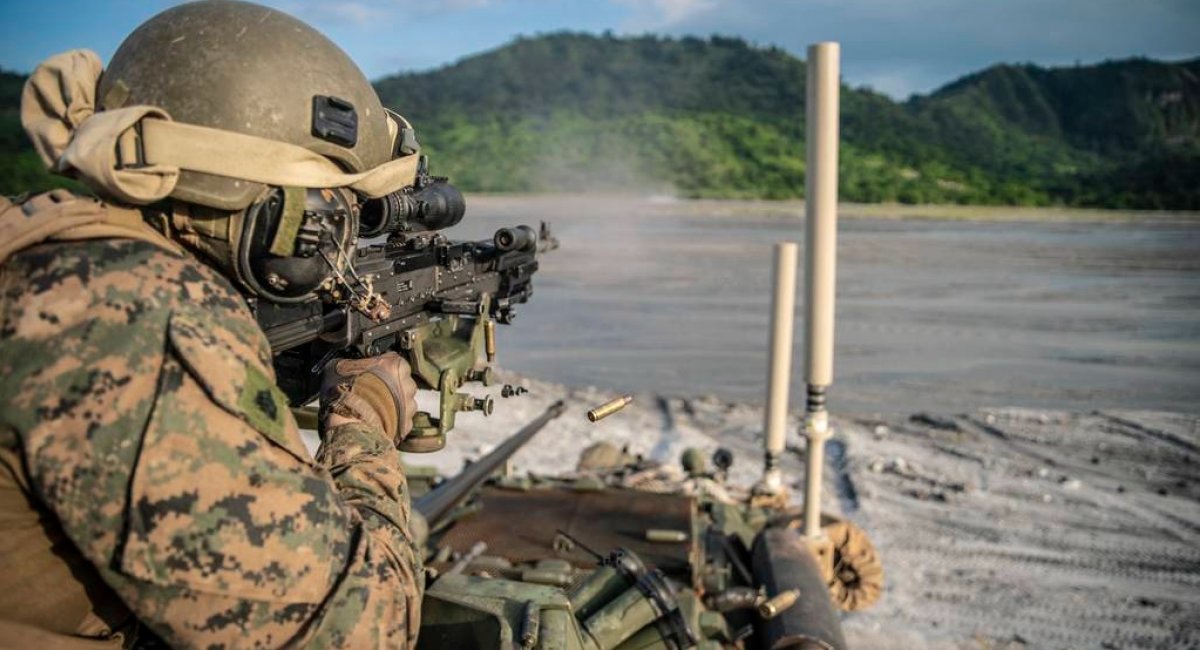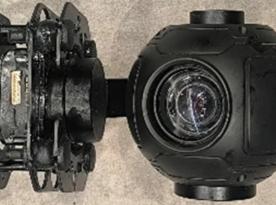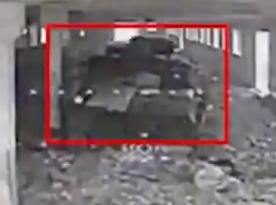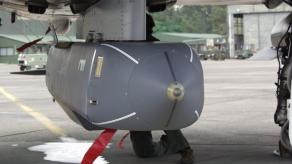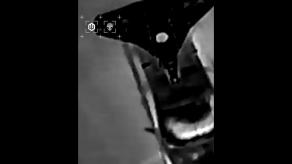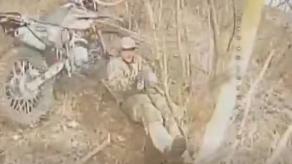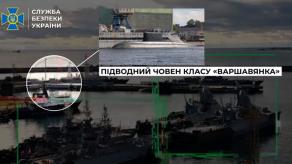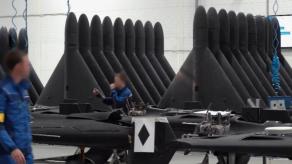As Defense News informed, Gen. David Berger said he doesn’t want to rush to glean lessons learned from the war and revamp the Corps based on what Russia and Ukraine have done well or poorly, but he did tell reporters Dec. 7 that some early lessons learned from the conflict align with what the 3rd Marine Littoral Regiment is doing in Hawaii and the Pacific region.
One lesson that stood out is “the value of empowering lower tactical leaders and training them to a really super high degree and empowering them, giving them authorities, giving them capabilities at the lowest level,” the commandant of the Marine Corps said during a Defense Writers Group event.
Read more: About the Finnish Pasi Vehicles Currently Used by Ukrainian Marines
The 3rd Marine Littoral Regiment is a first-of-its-kind of unit meant to disperse small groups of Marines around the theater to collect intelligence on enemy assets, understand the battlespace, organize refueling and rearming points for the joint force, set up mobile anti-ship missile launchers to deny the enemy access to the sea, and more. The regiment much also stay on the move to avoid detection.
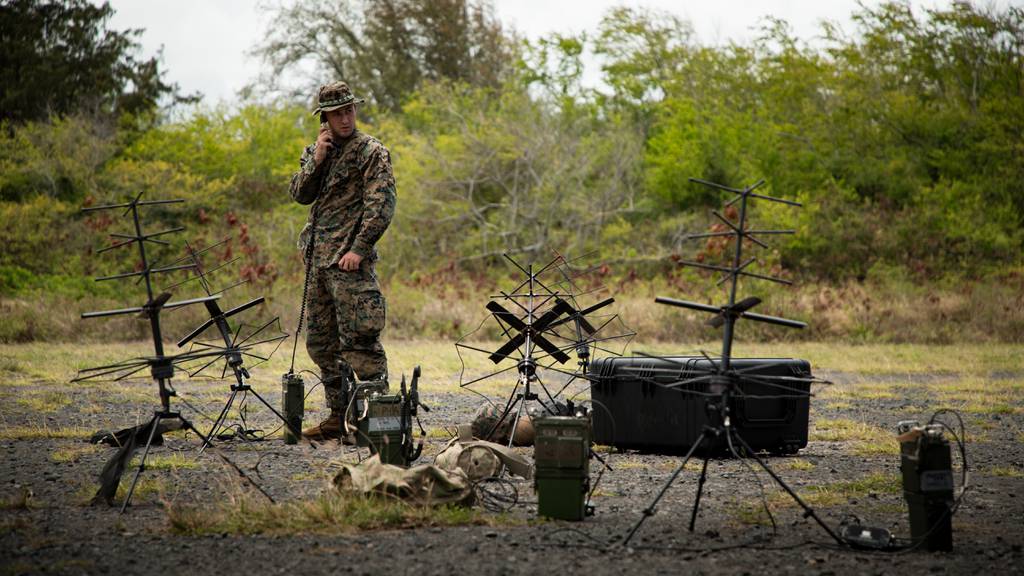
These small groups of roughly 75 Marines could mirror actions taken by Ukrainian soldiers; Berger noted that small unit leaders in the European nation don’t always have to ask for permission up the chain of command. For example, if they find an opportunity to target Russian forces, thanks to the significant amount of information at their disposal through small drones and other sensors, they act rapidly.
Berger had previously emphasized the 3rd MLR and other stand-in forces would be the eyes and ears of the joint force inside an enemy’s weapons engagement zone. As such, Berger has been focused on their ability to conduct reconnaissance and counter-reconnaissance.
Still, some retired Marine Corps leaders have criticized this as a step away from the service’ focus on lethality. Berger and his deputies have said the tough part of the future conflict will be stitching together all-domain sensors to fully understand the battlefield in real time; prosecuting targets as the last step in the kill chain is something the Corps is good at and can do, but it’s the ability to find targets — even while remaining unseen by the enemy — that will make or break the service’s future success.
“You’ll see us focus really heavily on the collection part, the reconnaissance part and trying to deny the adversary the ability to collect against the joint force,” Berger said at the event.
Read more: Ukrainian Marines Received Metal Shark's '40 Defiant' Patrol Boats (Photo)




